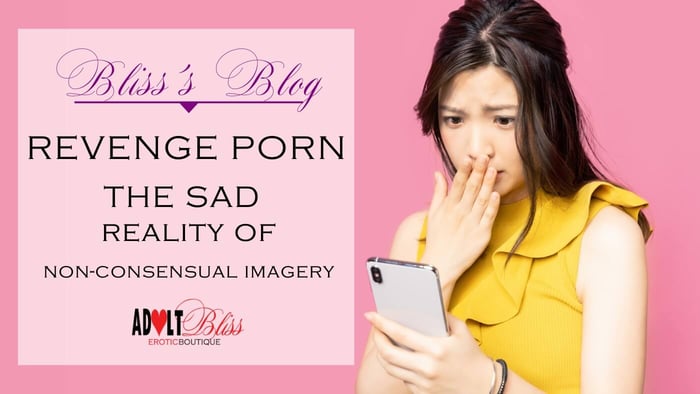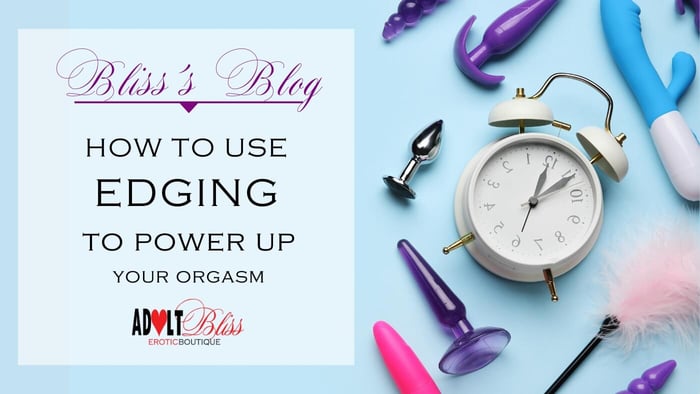
Revenge Porn – The Sad Reality of Non-Consensual Imagery
Jump To Section
What Is Revenge Porn and Image-Based Abuse?
In a world where teenagers are regularly targeted with online scams manipulating them into providing exploitative images, the conversation around revenge porn and non-consensual imagery are important. This issue impacts a wide range of people, from children through to adults, and no matter your age it is a terrifying, disempowering experience. AI technology and deepfakes make this territory even more confronting and confusing, that is a broader discussion I will not be covering in this piece. Whilst this is an important and developing topic, in this piece we will cover what is meant by the term revenge porn, the impacts is has, what resources are available for victims and how we might do better.
... no matter your age it is a terrifying, disempowering experience.
Revenge porn and non-consensual imagery covers any sexually explicit material that is distributed without the consent of the person who is featured in the image or video. It is irrelevant whether the content was created and shared willingly, or without the person’s knowledge, it is wrong to share without the creator’s permission. There are further issues associated with this problem which includes disseminating videos received from a partner, taking videos and pictures non-consensually and sharing them, or breaching someone's privacy by hacking and distributing their materials.

What If the Person Is Under 18?
If the pictures and videos involve those under 18 they are considered child pornography. This is not meant to shame the young, here I am referring specifically to the legal considerations. Australian Federal Law states that it is illegal for persons under 18 to take, keep, share or send sexual content of a person under 18 years old, including themselves. If you are caught doing this, that will include joining the sex offender registry. While some states, including Victoria, have introduced exemptions, it is important to check the laws relevant to where you live. More information can be found from the 'Australian Institute of Family Studies'.
It is impossible to permanently remove images and content from every device and corner of the internet.
Why Revenge Porn Is So Damaging
The ramifications of revenge porn are lifelong, because the internet is forever. It is impossible to permanently remove images and content from every device and corner of the internet. We’ve all seen and heard the horror stories about celebrities, content creators and even everyday people who have had intimate photos stolen and shared without their permission.
Famous Cases and Everyday Impact
Cue 2014s ‘The Fappening’ which invaded the privacy of high profile celebrities such as Kate Upton and Jennifer Lawrence. Sometimes it’s an ex-partner who shares images and videos shared with them during the relationships. Sometimes a person’s devices and/or accounts are hacked into, regardless of how it occurs, the use of this content without the creators permission is abhorrent. For those people the feeling of anxiety and loss of empowerment can be lifelong.
How We Can Do Better
We need to do better by improving the laws to support those impacted by image abuse, and to prevent this kind of problem in the first place. There needs to be a national conversation around intimate images, that this content being shared with you is a privilege and an act of trust. If the owner of those images asks for you to delete the images, videos and whatever else, you should.
Consent Can Be Revoked
Your access to that person’s body has been revoked in all forms, it is a boundary line, not a point of perspective. Victim blaming is an ancient trope and telling people not to take nudes and not to share intimate content with partners is, honestly, unreasonable and unrealistic. ‘Take It Down’ has ways of tracking images that have been shared, however this process is currently only used for supporting minors. In an ideal world we would be able to take the process used by this company, and other complementary services and use them to find an end to online image abuse.

Your access to that person’s body has been revoked in all forms, it is a boundary line, not a point of perspective.Everyone Deserves Protection
Because remember, we have a right to take and share intimate photos of ourselves. Consent to those images can be rescinded at any time. Whether or not you personally want to have intimate images of yourself, this is about protecting the autonomy and rights of every person.
Who This Affects
The conversation around revenge porn and non-consensual imagery includes men, women, teenagers and children, as sad as that may seem, it is the world we live in. This conversation should include sex workers, content creators, and every person who has taken an intimate image or who may have one taken of them. We should all come together to end revenge porn and non consensual images, because it is an issue that has the potential to affect everyone.
Understanding the Legal Framework in Australia
The following is copied directly from the E-Safety Commission, further reading can also be accessed here.
Australian Capital Territory - Offences for the non-consensual distribution of intimate images and for threatening to capture or distribute intimate images.
New South Wales - There are offences for recording, distributing or threatening to distribute an intimate image without consent.
Northern Territory - There are offences for distributing intimate images without consent and threatening to distribute intimate images.
Queensland - There are offences for recording, distributing or threatening to distribute an intimate image without consent.
South Australia - There are offences for ‘humiliating or degrading filming’, ‘distribution of an invasive image of another person knowing or having reason to believe that the other person does not consent to the distribution of that image’, ‘engaging in indecent filming’ and ‘distributing an image obtained by indecent filming’. It is also an offence to ‘threaten to distribute an invasive image of a person’.
Victoria - There are offences of ‘distributing an intimate image without consent’ and ‘threatening to distribute an intimate image without consent’.
Western Australia - There are offences for distributing or threatening to distribute an intimate image without consent.
Tasmania - There are currently no criminal laws specifically addressing image-based abuse in this state. However, there is an offence for making an ‘observation or recording in breach of privacy’ of another person and for possessing or distributing such a recording without their consent.
Where to Get Help
Anyone under 18 who is worried about having images leaked on the internet should check out ‘Take It Down’, for anyone over 18 and struggling with image based abused, please see the support available through ‘Stop Non-Consensual Intimate Image Abuse.’ No matter who you are, or how old you are, as scary as it feels, there is help available to navigate this challenge.
FAQs
What is revenge porn?
Revenge porn refers to the sharing of sexually explicit images or videos without the consent of the person depicted, regardless of how the content was originally created or obtained.
Is it illegal to share someone’s nude photos in Australia?
Yes. All Australian states and territories have laws against distributing intimate images without consent, though the wording and penalties vary. Tasmania currently has no law specifically against image-based abuse, but other laws may apply.
What if the person in the image is under 18?
Any explicit images of people under 18 are legally considered child pornography in Australia, even if the person took and shared the image themselves.
What support exists for victims of image-based abuse?
Under-18s can access tools like Take It Down. For adults, the eSafety Commission and Stop Non-Consensual Intimate Image Abuse offer help, reporting systems, and support.
Can you ever truly delete something from the internet?
Unfortunately, once something is shared digitally, it’s nearly impossible to remove all copies. This is why laws and consent-based approaches are so critical.
Is it ever okay to keep nudes from a previous relationship?
If the person who shared them has asked you to delete the images, you should. Consent to view and keep explicit images can be revoked at any time.
How can I talk to a teen about sexting and online safety?
Start by focusing on trust, consent, and control over personal content. Avoid shame. Use real examples to show the importance of thinking before sharing.










